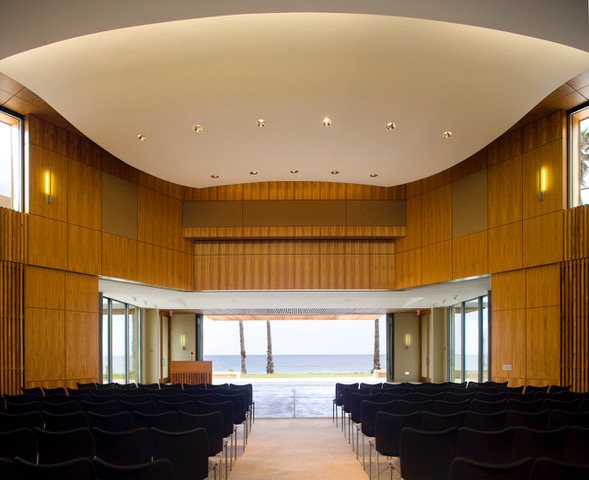
Institutional Seminar Series
(in person)
Thursday, April 27th, 2023
at Scripps Seaside Forum Auditorium
12 p.m. Talks begin w/ Q&A
Pizza to be served after
-------------------------
TITLE: Diel dynamics of microbial biogeochemistry in coastal marine systems
ABSTRACT: Coastal marine environments maintain their own unique planktonic microbiomes and distinct biogeochemical properties compared to the surrounding ocean waters. Benthic primary producers, such as macroalgae, seagrasses, and corals contribute significantly to microbial ecology in coastal waters by manipulating key environmental parameters, like carbon substrate availability and oxygen concentrations, that influence the growth and metabolism of microbes. Microorganisms comprise the majority of biomass in the water column and their role in the decomposition of dissolved organic substrates is critical for the transformation and recycling of mineral nutrients. For example, day and night populations of coral reef microbes differ compositionally and encode significantly different metabolic profiles. Specific bacterial taxa involved in nitrogen and sulfur cycling demonstrate distinct temporal patterns, indicating that microbial roles in nutrient transfer may track the diel metabolism of reef benthic communities. Active research in my lab seeks to characterize the diverse assemblages of organic substrates released into coastal marine waters by benthic primary producers, and identify microbial metabolisms involved in nutrient transformations and recycling in these environments.
BIO: (Assistant Research Scientist, Scripps Institution of Oceanography): Research in the Wegley Lab combines molecular approaches with chemistry and microbial ecology to discover how microbes interact with local biogeochemistry to influence the function of marine ecosystems. Dr Wegley is currently funded by the National Science Foundation, the Builders Initiative, and the University of California to study the functional roles of microbes in marine holobionts, coral reef waters, and local intertidal habitats.
TITLE: Oceans and Human Health
ABSTRACT: Being jointly appointed between SIO and Pediatrics at UCSD my lab has a diverse research portfolio. Thematically our research is focused on the human microbiome in nutrition, disease and mental health, microbial ecology of the built environment, and marine microbial ecology in human and environmental health. While a lot of our work may not fit the traditional marine science, we do have programs that bridge the interface with a marine system focus. First, I will talk about our current research on understanding the emergence and transmission of coastal human bacterial pathogens. We are currently enumerating Vibrio spp in water and shellfish in the context of microbiomes, quantifying the vector potential of microplastics and ocean warming to increase the risk of foodborne illness. Second, we are currently exploring the impact of shellfish pathogens on the seafood industry by quantifying host and microbial responses to pathogen exposure under different temperature conditions (CaXc causing Abalone Withering Syndrome, OsHV-1 initiating Pacific Oyster Mortality Syndrome), and characterizing response of oyster microbiomes to differing environments. The role of the microbiome in ocean and human health is complex and convoluted, but understanding how people are influencing the oceans and what impacts those changes may have on human health is vital to the proper stewardship of our marine ecosystems.
BIO: Professor Jack Gilbert joined UCSD in 2019 where he is a Professor in Pediatrics and the Scripps Institution of Oceanography, Associate Vice Chancellor for Marine Science, and Director of both the Microbiome and Metagenomics Center and the Microbiome Core Facility. He uses molecular analysis to test fundamental hypotheses in microbial ecology.
He cofounded the Earth Microbiome Project and American Gut Project, has authored over 400 peer reviewed publications and book chapters on microbial ecology, co-authored the book “Dirt is Good,” and is the founding Editor in Chief of ASM mSystems journal. He founded BiomeSense Inc to produce automated microbiome sensors.
*Talks will not be recorded.




